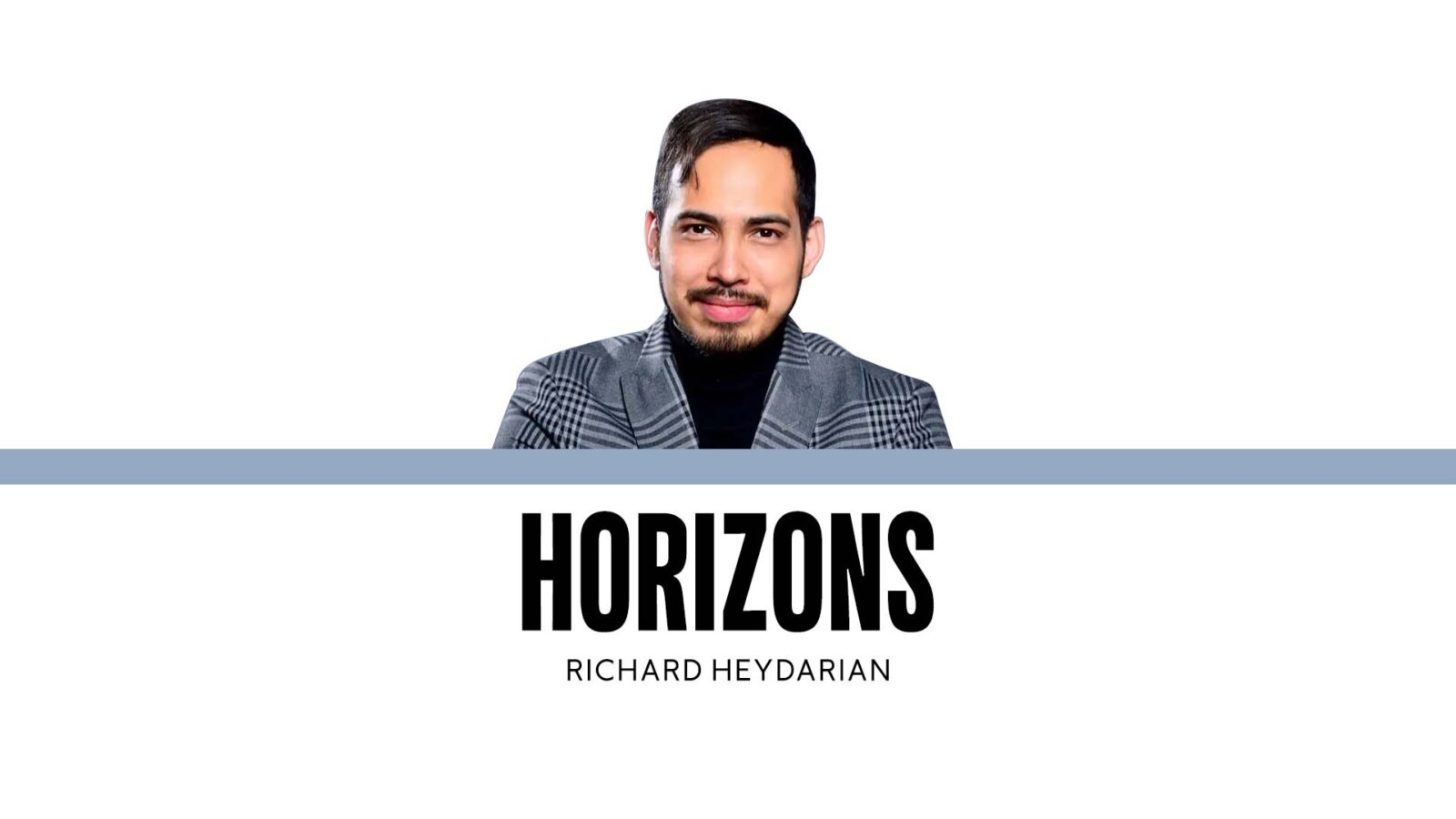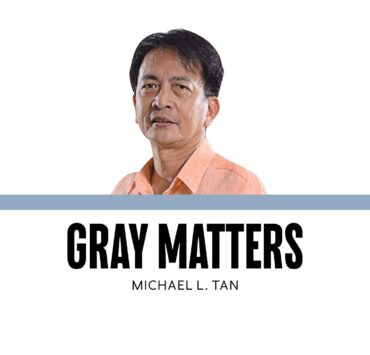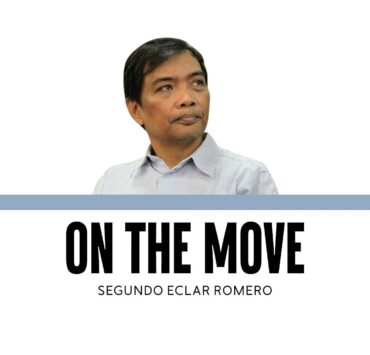The unbearable burden of responsibility

A few years back, at the height of the COVID-19 pandemic, I found myself confronting an “existential” crisis. Not too different from my favorite philosophers, Socrates and Søren Kierkegaard, I began to ask the big questions about the meaning of life—and my purpose in this world—with a profound sense of urgency. There was, of course, the visceral fear of falling victim to the vicious plague. But there were more fundamental concerns at stake, too. Not only was my burgeoning media career derailed after years of tireless dedication, but the very future of my beloved ones and, more broadly, my motherland was also in question. It was around this time that I returned to reading the latest editions of Jose Rizal’s novels, in preparation for a project with Oxford University Press, and reached out to my longtime friend Dr. Lisandro “Leloy” Claudio, who was also grappling with his own traumatic ordeal ahead of his eventual appointment as a faculty member at the University of California, Berkeley.
During one of those long nights of sentimental conversations about the agonies of solitude, he suggested I read the late historian Tony Judt’s magisterial intellectual biography, “The Burden of Responsibility” (2007). The book is an elegiac overview of the life and times of three extraordinary French public figures, namely Leon Blum, a socialist leader who tirelessly sought to build a united front both at home and globally against fascism; Albert Camus, the Algeria-born novelist who risked total isolation by questioning his doctrinaire peers; and Raymond Aron, a conservative intellectual who redefined political philosophy in postwar France. While nowhere near in stature to those towering figures of the 20th century, both Leloy and I—each an exile in his own homeland with no clear partisan alignment—could viscerally relate to their wrenching solitude. But we also drew inspiration from their commitment to staying true to their convictions and exercising Kant’s “public use of reason” against all odds.
I must admit that the past decade was beyond traumatic. Not only did I have to witness how Dutertismo eviscerated the normative and material foundations of our ever-fragile democracy, but I also had to confront the constant harassment, threats, and intimidation tactics by Duterte supporters. Last week, a gallery of rogues orchestrated yet another intimidation campaign. A cabal of drifters, including remnants of a banned party list, tried to silence critics by accusing me of “indirect contempt” of the country’s highest court. They maliciously framed my statement of fact, namely, that the former president had appointed the vast majority of current justices, as an assault on the country’s highest court.
This petition was shockingly frivolous beyond belief. Despite my disagreement with the Sara impeachment decision based on extensive discussions with legal luminaries, I repeatedly cautioned against insulting individual justices, and emphasized, including on these pages, how “it’s unfair to make any automatic inferences about [the justice’s] decision-making.” Moreover, in the spirit of journalistic fairness, I directly reached out to the Supreme Court for an interview to share their side of the story and, crucially, repeatedly reshared their social media posts regarding the nuances of their latest decision on the Sara impeachment trial issues. Third, I was not only exercising my basic rights as a citizen, but also exercising my academic freedom as a political scientist by engaging in a standard scholarly discourse. For instance, a recent authoritative work, titled “Justices and Political Loyalties: An Empirical Investigation of the Supreme Court of the Philippines, 1987–2020,” was published by the Journal of Law and Social Inquiry. The authors focus on the concept of “loyalty effects,” namely “the likelihood that justices will vote for the government more often when the president who appointed them is in office.” Their main finding, inter alia, is that “[u]nder the Duterte administration, voting preferences have been more aligned with the appointer, and factional alliances of justices appointed by different presidential administrations mirror political alignments.”
This time, however, I no longer feel alone. So let me express my deepest gratitude to all those who have expressed solidarity with me, along with Congressman Percival Cendana, most notably Akbayan Rep. Chel Diokno and Mamamayang Liberal Rep. Leila de Lima; the Liberal Party of the Philippines; Tindig Pilipinas; and Sentro. The burden of responsibility doesn’t have to be as unbearably solitary as I once stoically embraced. And I sincerely hope our highest court will not bother with the frivolous petition, which is clearly yet another form of desperate legal harassment by forces of darkness.


















